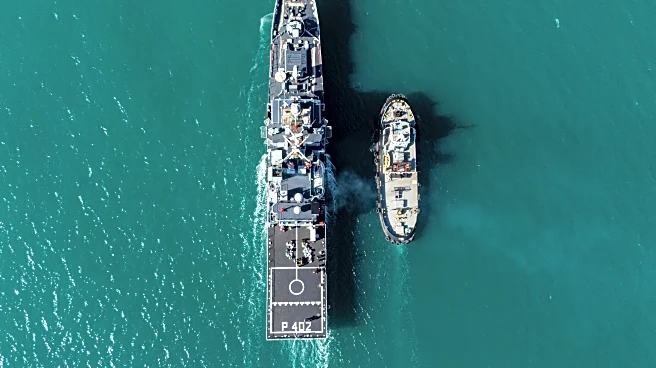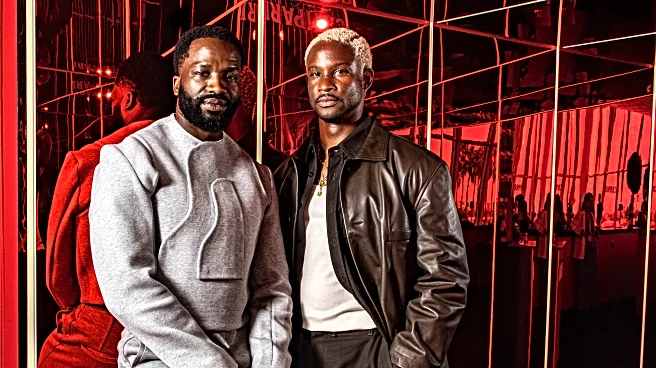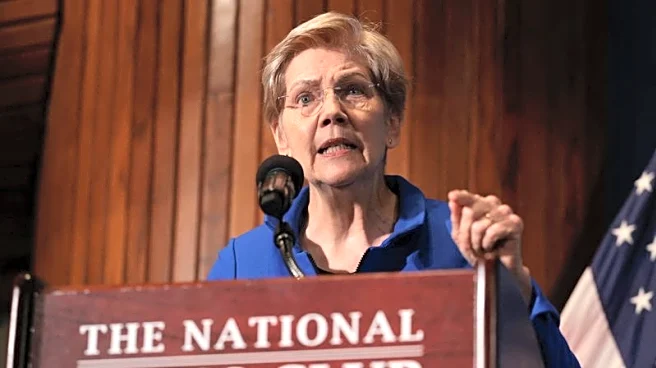What's Happening?
The United Nations Convention Against Corruption (UNCAC) has faced criticism for excluding civil society organizations (CSOs) from its Conferences of States Parties (CoSPs) due to objections from member
states. Between 2017 and 2023, several CSOs were barred from participation, often without official justification, under Rule 17 of the UNCAC Rules of Procedure. This rule allows states to object to CSO accreditation anonymously. The objections have been criticized as politically motivated, with countries like Türkiye and Azerbaijan using them to suppress dissent and scrutiny. The UNCAC Coalition, a network of NGOs, has emphasized the importance of CSO involvement in promoting transparency and accountability.
Why It's Important?
The exclusion of CSOs from UNCAC conferences raises concerns about censorship and the weakening of international anti-corruption efforts. CSOs play a crucial role in holding governments accountable and ensuring transparency. The objections, often rooted in geopolitical conflicts, undermine the credibility and effectiveness of the UNCAC. This situation highlights the challenges faced by international organizations in balancing state sovereignty with the need for inclusive and transparent governance. The politicization of the objection process could hinder global anti-corruption initiatives and weaken civil society's role in international forums.
What's Next?
As the next CoSP approaches in December 2025, the UNCAC Coalition is preparing to address potential objections and advocate for greater transparency in the objection process. The coalition aims to prevent unjust exclusions and ensure meaningful CSO participation. The outcome of these efforts will be crucial in determining the future of civil society engagement in UNCAC and the broader fight against corruption. The geopolitical dynamics influencing objections are likely to persist, posing ongoing challenges to the UNCAC's mission.
Beyond the Headlines
The use of objections to exclude CSOs reflects broader geopolitical rivalries and domestic political considerations. The involvement of countries like Türkiye and Azerbaijan, with their respective conflicts, illustrates how international anti-corruption efforts can be entangled with national interests. This situation underscores the need for reforms to ensure that the UNCAC remains a credible and effective platform for combating corruption globally.











